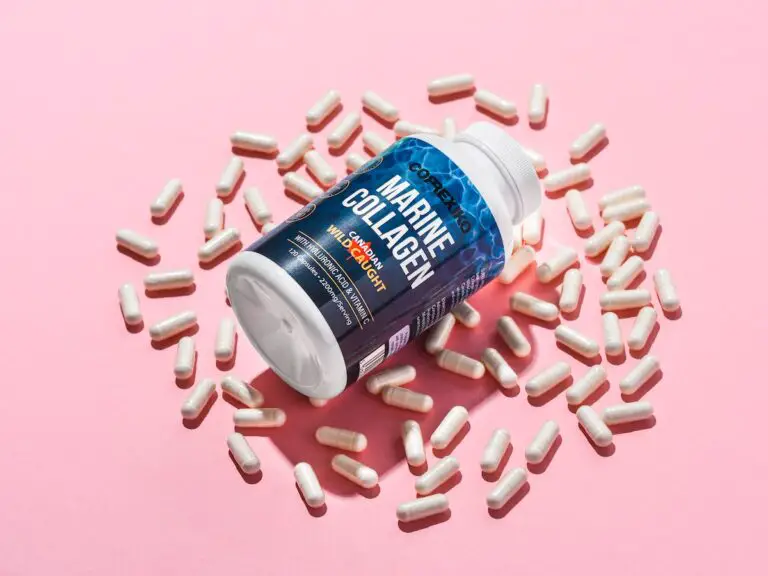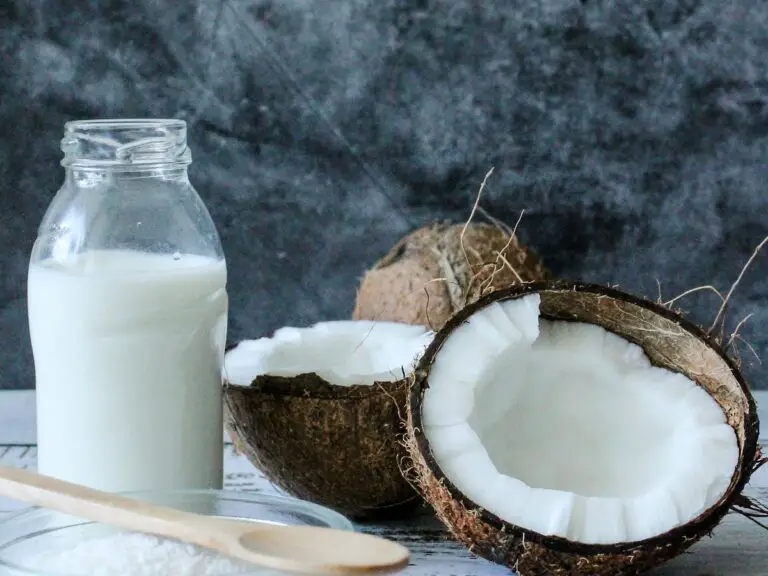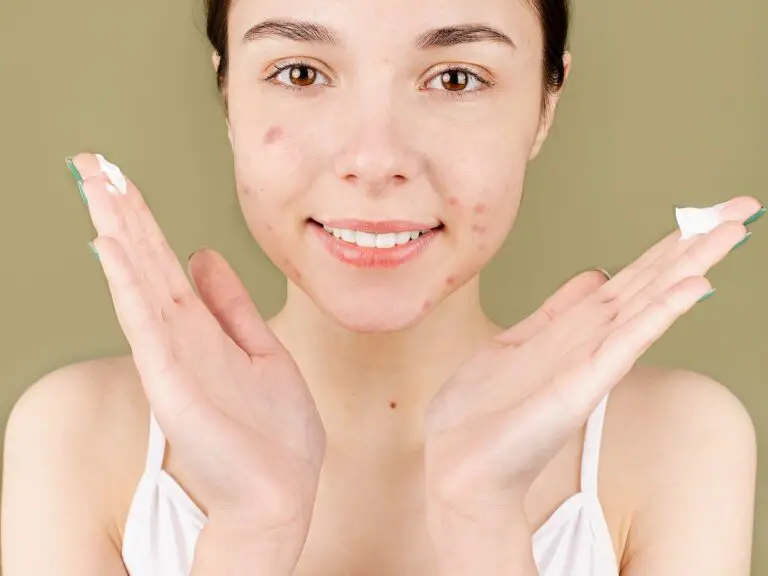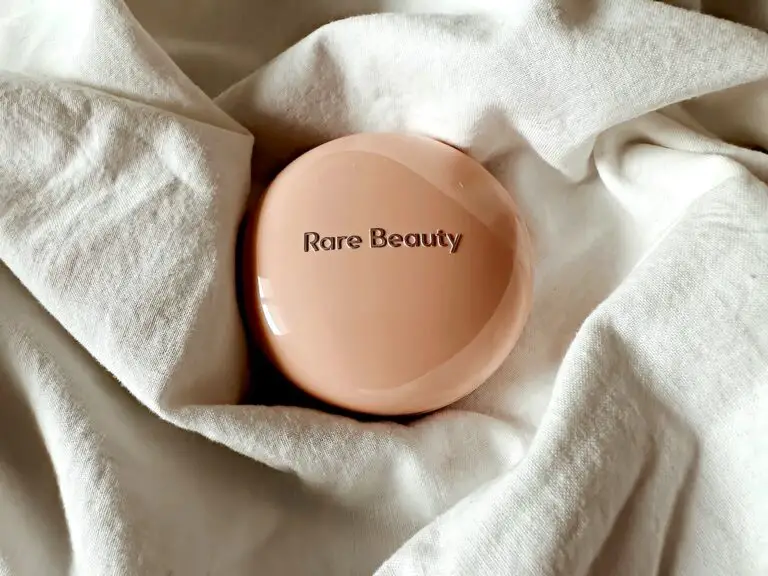How to Treat Acne After Abortion? (Comprehensive Guide)
Medically Reviewed by;
Dr. Kashif
General Physician
Senior Medical Writer
There’s no doubt that being pregnant is a roller coaster ride full of joy, excitement, and hope. But sometimes life takes turns you didn’t expect. When you have an abortion, your body can change in ways you didn’t expect, like getting acne. This can be because you chose to have the abortion or because something unexpected happened, like a loss.
It can be stressful and disheartening to get acne after an abortion. You might be thinking why this new skin problem is showing up at such a hard time in your life.
Don’t worry! In this detailed guide, we’ll look into what causes acne after an abortion and talk about effective ways to treat it so you can get your skin health and confidence back.
So, without further ado, let’s find out what causes acne after an abortion and how to deal with it with grace and strength!
Table of Contents
Understanding the Causes of Acne After Abortion
There is no one cause for acne after an abortion. During this time, hormone changes and stress affect each person’s body in a different way. But one thing that both have in common is that hormone levels change.
During pregnancy, hormones like estrogen and progesterone build up in your body. These hormones are very important for keeping you pregnant, but they can also cause changes in your face. When you have an abortion or a miscarriage, these hormone levels drop quickly, which can throw your body out of balance.
These changes in hormones can cause the body to make more sebum, which is an oily substance that plugs pores. Because of this, you may get pimples and other marks on different parts of your face.
It’s important to remember that the mental stress of an abortion or miscarriage can also affect the health of your skin. Stress makes cortisol levels go up, which is known as the “stress hormone” and can make acne signs worse.
Now that we’ve looked at some possible reasons for acne after an abortion, let’s move on to finding good ways to treat this condition. Keep watching!
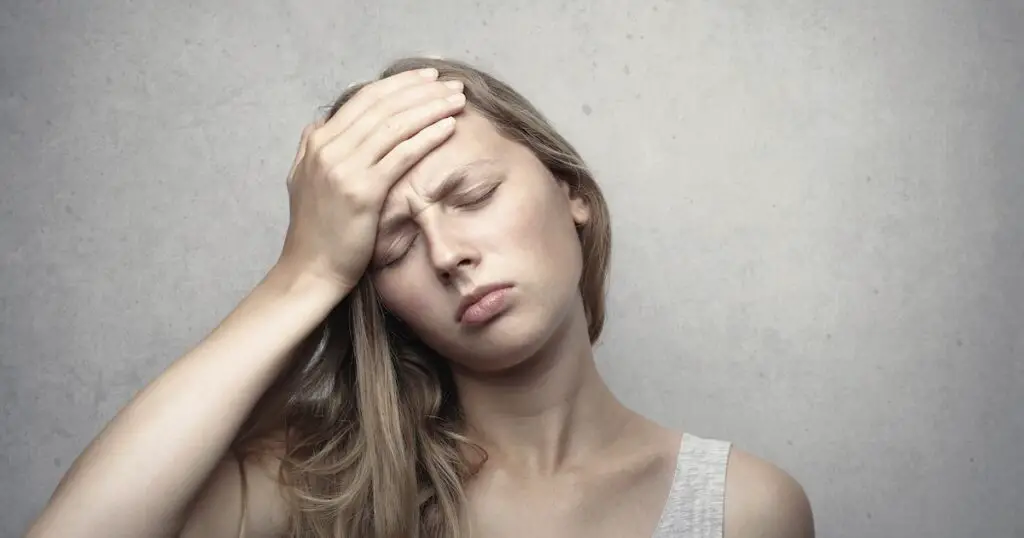
Topical Treatments for Acne After Abortion
Acne after an abortion can be treated with topical treatments that can be helpful. These treatments are put on the face directly and work on the underlying reasons of acne, like too much oil, clogged pores, and inflammation.
Benzoyl peroxide is a famous treatment for acne that you put on the skin. It works by getting rid of bacteria on the skin and lowering swelling. Salicylic acid is another ingredient that is often used to help clear out pores and get rid of dead skin cells.
Also, retinoids are often used to treat acne after an abortion. They work by making cell change happen faster and stopping new comedones (clogged pores) from forming. But retinoids can cause dryness and irritation, so it’s important to start with a low concentration and gradually raise it.
Bacteria on the skin’s surface can also be killed by medicines that are put on the skin. This can help lessen the redness and swelling that come with acne. But long-term use of antibiotics can cause bacteria to become resistant to them, so it’s best to use them along with other medicines.
Everyone’s skin responds to topical treatments differently, so what works for one person might not work for another. It may take a few tries before you find the right treatment or mix of treatments for your acne after an abortion.
When using topical treatments, remember that regularity is the key! Don’t give up if you don’t see results after using the product for the recommended amount of time (about 6-8 weeks). Follow the skin care procedure that your doctor or dermatologist tells you to do.
In addition to using topical treatments, it’s important to keep good skin care habits. For example, you should wash your face twice a day with a gentle cleanser that’s right for your skin type. You should also avoid strong scrubs or too much washing, which can remove natural oils and cause your skin to make more oil, which can lead to more breakouts.
If you’re having trouble recovering from acne after an abortion, it’s best to consult a doctor who specializes in post-abortion care, as everyone’s circumstances are unique. They can look at your situation and tell you what to do.
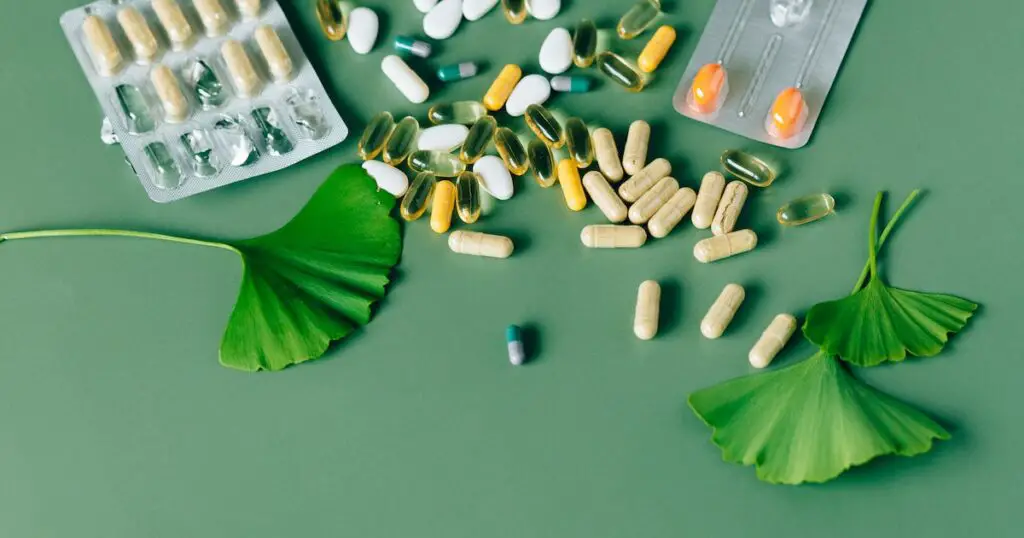
Oral Medications for Acne After Abortion
When it comes to treating acne after an abortion, it may not always be enough to use only skin treatments. Some oral medicines can give you the extra help you need to get rid of stubborn breakouts and keep them from coming back.
- Antibiotics are a type of treatment for acne that is often given by mouth. The way these medicines work is by going after the bugs that cause acne. They can help reduce swelling and keep the infection in the pores under control.
- Hormonal therapy is another choice. This is when you take birth control pills or other medications that control hormones. These medicines can help keep hormone levels in the body in balance and stop the body from making as much oil, which can help avoid clogged pores and acne.
- Isotretinoin, which goes by the brand name Accutane, is a strong pill that is only used to treat serious acne after an abortion. It works by stopping the skin from making oil and shrinking the oil glands. Isotretinoin works very well, but it can cause side effects and needs to be closely watched by a medical worker.
It’s important to remember that these oral medicines should only be taken with the help of a dermatologist or other healthcare provider who specializes in treating acne after an abortion. They will look at your case and figure out which medicine will help you the most.
Don’t forget that oral medicines can help with acne after an abortion, but they are not a cure-all. It’s important to use them along with good skincare habits, like washing your face often, avoiding strong products, and living a healthy life.
Talking to a dermatologist will make sure you get advice that is special to your needs and will help you deal with your acne problems after an abortion.

Natural Remedies for Acne After Abortion
Many people prefer natural treatments for acne after an abortion because they are gentler on the skin and have fewer side effects. Here are some successful natural ways to improve the condition of your skin:
- Tea Tree Oil: Tea tree oil is known to kill bacteria and lower inflammation. It can also kill bacteria that cause acne. Simply mix a few drops of tea tree oil with carrier oil, such as coconut or jojoba, and apply it to the affected areas.
- Aloe Vera: This plant has soothing and healing qualities that can help get rid of acne-related redness and irritation. Fresh aloe vera gel should be put on your skin twice a day to help it heal.
- Green Tea: Regularly drinking green tea can give you vitamins that help fight inflammation and make acne less bad. Green tea that has been cooled can also be used as a toner by putting it on your face with a cotton pad.
- Witch Hazel: Witch hazel is a natural cleanser that helps get rid of oily skin without drying it out. After washing your face, use witch hazel as a toner to close your pores and stop your skin from making too much oil.
- Honey Mask: Putting raw honey on your face as a mask not only hydrates it, but it also has antibacterial qualities that can kill bacteria that cause acne. Let the honey sit on your skin for 15 to 20 minutes before washing it off with warm water.
Keep in mind that these natural remedies may help improve the condition of your skin, but the effects may be different for each person.
Preventing Acne After Abortion
Changes in hormone levels are common after an abortion. Changes in hormones can sometimes cause breakouts of acne. But there are things you can do to stop or lessen the chance of getting acne after an abortion.
First and foremost, it’s important to keep a healthy skin care practice. Use a gentle cleanser made for your skin type to wash your face twice a day. Scrubbing too hard can hurt your face and make acne worse.
Once or twice weekly exfoliation is recommended to help remove dead skin cells and prevent pores from becoming clogged. Choose a chemical cleanser with salicylic acid or glycolic acid, both of which are known to help fight acne.
Even if you have oily skin, it’s important to moisten often. Look for lotions that won’t clog your pores and don’t contain any oil. Search for goods with the phrase “non-comedogenic” on the label.
Changing your lifestyle is another important way to stop acne after an abortion. Eating a well-balanced diet with lots of fruits, vegetables, whole grains, and lean proteins can help your skin stay healthy generally.
Managing stress through regular exercise or relaxation methods like yoga or meditation may also help regulate hormones that can cause acne to get worse after an abortion.
Don’t touch your face too much during the day, because this can spread germs from your hands to your skin and cause more breakouts.
By taking these preventive steps regularly and taking good care of your skin after having an abortion, you may be able to reduce the chance of getting annoying acne breakouts.

Consulting a Dermatologist for Acne After Abortion
Dermatologists can help with acne after abortion. A skincare specialist can fix your individual issues, even though there are several over-the-counter and natural solutions.
Dermatologists can provide individualized advice and treatment options since they understand skin issues. They will examine your skin, hormone levels, medical history, and medications. They can cure your acne by determining its cause.
Dermatologists can prescribe over-the-counter medications. Retinoids, birth control pills, and spironolactone are examples. These harsher treatments can reduce inflammation, unclog pores, and manage oil production better than OTC solutions.
Dermatologists can treat acne scars and hyperpigmentation with medicines, chemical peels, and lasers. They know which methods will solve your difficulties.
Remember that everyone’s skin is different. Dermatologists can give you personalized counsel instead of generic web recommendations.
Conclusion
Acne after an abortion can be upsetting, but if you know everything there is to know about what causes it, how to treat it, and how to avoid it, you can take control of your skin health and get your confidence back.
Changes in hormones, stress, and how you take care of your face can all cause acne after an abortion. By treating these root causes and taking a targeted approach, like using topical treatments, thinking about oral medications, or using natural remedies, you can fight acne and get clear, glowing skin.
Also, sticking to a skincare routine and seeing a dermatologist when needed can help stop future breakouts and keep your face healthy in the long run.
Don’t forget that you deserve to feel good about yourself, and with the right knowledge and tactics, you can do that.
FAQs
Signs of hormonal imbalance after an abortion may include irregular periods, mood swings, fatigue, acne breakouts, weight fluctuations, and changes in libido. However, it’s important to consult a healthcare provider to assess and address potential hormonal imbalances and discuss appropriate treatment options.
Yes, hormonal changes are common after a miscarriage as the body adjusts to the loss of pregnancy. This can result in temporary hormonal imbalances, potentially leading to changes in the skin, including acne breakouts. It’s important to allow the body time to recover and consult a healthcare professional for support and guidance on managing hormonal changes and related concerns.
While a miscarriage can have emotional and physical impacts, the body generally recovers and returns to its pre-pregnancy state after a miscarriage. However, hormonal fluctuations may occur temporarily, manifesting in changes like acne breakouts. It’s important to provide self-care and support and consult with a healthcare professional to address any concerns or questions about your body and well-being after a miscarriage.
To balance hormones after an abortion, focusing on overall self-care and a healthy lifestyle is recommended. This includes maintaining a balanced diet, regular exercise, managing stress levels, and getting adequate sleep. Additionally, consulting with a healthcare professional can guide specific hormonal treatments or therapies that may be beneficial in restoring hormonal balance.
Dry skin after a miscarriage can be attributed to hormonal fluctuations during and after pregnancy loss. Hormonal changes can affect the skin’s natural moisture balance, leading to dryness. Additionally, emotional stress and physical changes may also contribute to dry skin. Maintaining a healthy skincare routine, staying hydrated, and using moisturizers can help alleviate dryness and improve skin hydration. Consulting with a dermatologist or healthcare professional can provide personalized recommendations for managing dry skin after a miscarriage.
Disclaimer: This article is for educational purposes only, and does not substitute any direct medical advice. Always consult a qualified healthcare professional for personalized advice before trying new treatments or medications.

General Physician
Senior Medical Writer

